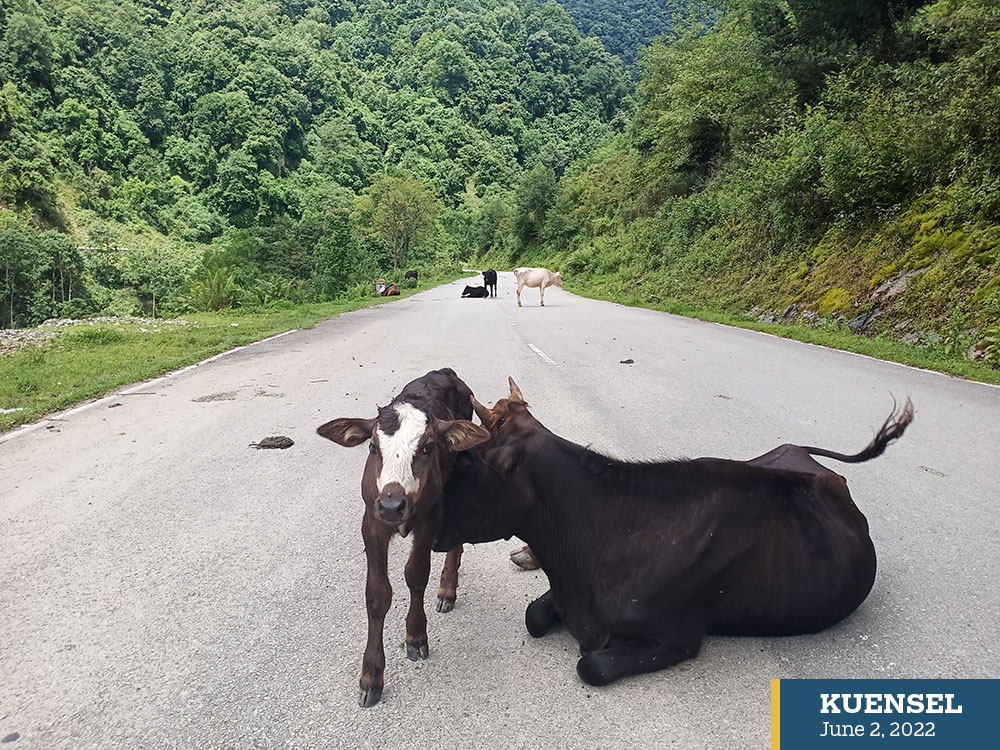Chhimi Dema
The country achieved an average of 88 percent success rate with female calve birth over the past three years with the introduction of sexed-sorted semen (female) technology in 2019.
The international success rate stands between 80 to 90 percent.
The test and trial of the technology were conducted in 2014.
The applied research on various cattle breeding centres and farms showed that the technology resulted in 89.6 percent of female birth.
The sexed semen is modulated semen using the flow cytometry technique which detects and measures the physical and chemical characteristics of a population of cells or particles. It is specially-processed semen of bulls from which the ‘Y’ chromosomes in sperm cells—which lead to the birth of a male calf—is either removed through a ‘sorting’ process or killed.
Semen that has only ‘X’ chromosomes can ensure that a female calf is born, increasing the genetic progress in a herd by increasing the number of superior heifers.
Cattle Reproduction Specialist, Dr DB Rai, said that considering the high fertility rate of heifers, it is recommended that sexed semen should be used only in heifers for a better conception rate.
Currently, the sexed-semen is imported from the USA costing USD 20 per dose.
Dr DB Rai said that the semen is imported from three countries (UK, Denmark, and USA) to avoid in-breeding.
From 2019 to 2020, 1090 sexed-semen artificial inseminations (AI) were conducted producing 87 progenies and achieving 77.1 percent female calves. Between 2020 to 2021, the technology achieved 88.9 percent female, and from 2021 to 2022, achieved 90.1 percent female.
So far, 38 AI centres in the country provide sexed-semen technology. There are 130 AI centres in the country.
The production of female calves benefits farmers by improving dairy production.
The country produced about 54,654 metric tonnes (MT) of milk in 2021; 1,930 MT of butter; 3,154 MT of cheese; and 198 MT of hard-dried cheese.
Research also points out that high fertility of sexed-semen has the potential to accelerate herd expansion, minimise waste production, improve animal welfare, and increase profitability compared with non-sorted conventional semen.
Asked whether the technology is feasible in the country, D. B Rai said that it is possible but at a huge cost.
“We have to get the copyright and meet the requirement of the yearly production of semen and technical standards of the company in the USA and fulfil other requirements before we start the work,” he said.
According to the Livestock Census 2021, there are 295,444 cattle in the country, including 11 types of cattle in Bhutan.


